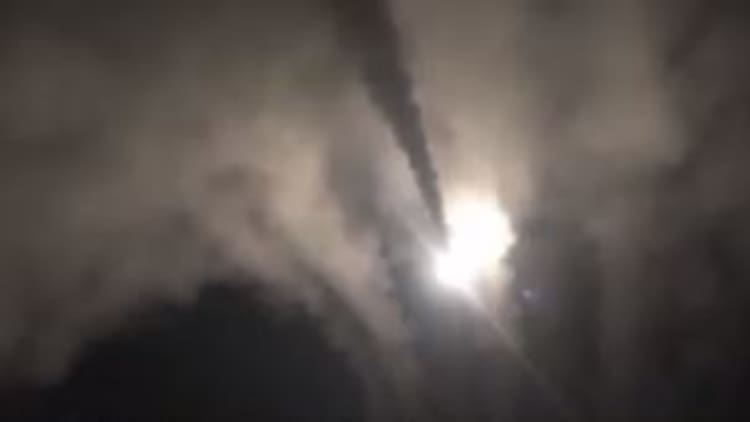
The airstrikes on Syria by U.S., British and French forces were effective in taking out their targets, but it isn't enough to put a stop to the brutality, expert Charles Lister told CNBC on Monday.
"The strikes were a significant message, if not the most significant message, that the West has sent so far but it's not going to achieve the objectives that we've set, unfortunately," said Lister, director of the extremism and counterterrorism program at the Middle East Institute.
Those objectives are to "deter the use of chemical weapons in Syria," he said on "Power Lunch."
The U.S.-led military action on Friday targeted Syria's chemical weapons infrastructure. It came one week after an alleged chemical weapons attack by Syrian President that killed at least 60 people.
President said the intent of the strikes was to "establish a strong deterrent against the production, spread, and use of chemical weapons."
As for whether all of Assad's chemical weapons could ever actually all be found, defense expert Thomas Karako said the action "isn't about searching down every last gram of chemical weapons."
"This is about doing whatever strike is necessary so as to make him think twice about using whatever it is that he's tucked away into some closet," said Karako, director of the missile defense project at the Center for Strategic and International Studies.
To that end, he told "Power Lunch" it's important that the , U.K. and France stay vigilant.
"We need to first communicate to them that if they do these things again, that the next action will be something closer to home. It will be something that they hold dear," Karako said.
Trump has indicated his unwillingness to stay in Syria long term. However, on Friday the president said, "We are prepared to sustain this response until the Syrian regime stops its use of prohibited chemical agents."
— CNBC's Amanda Macias contributed to this report.


